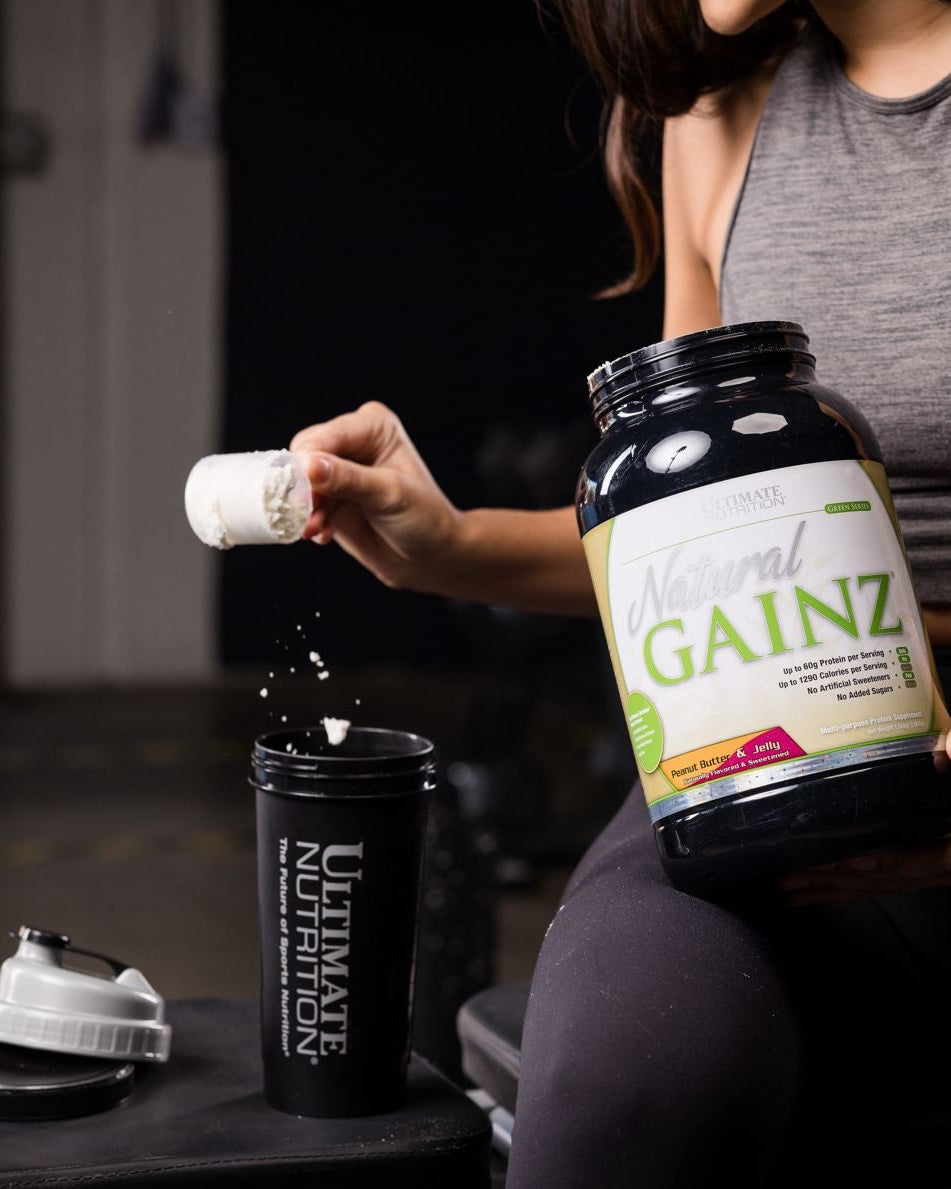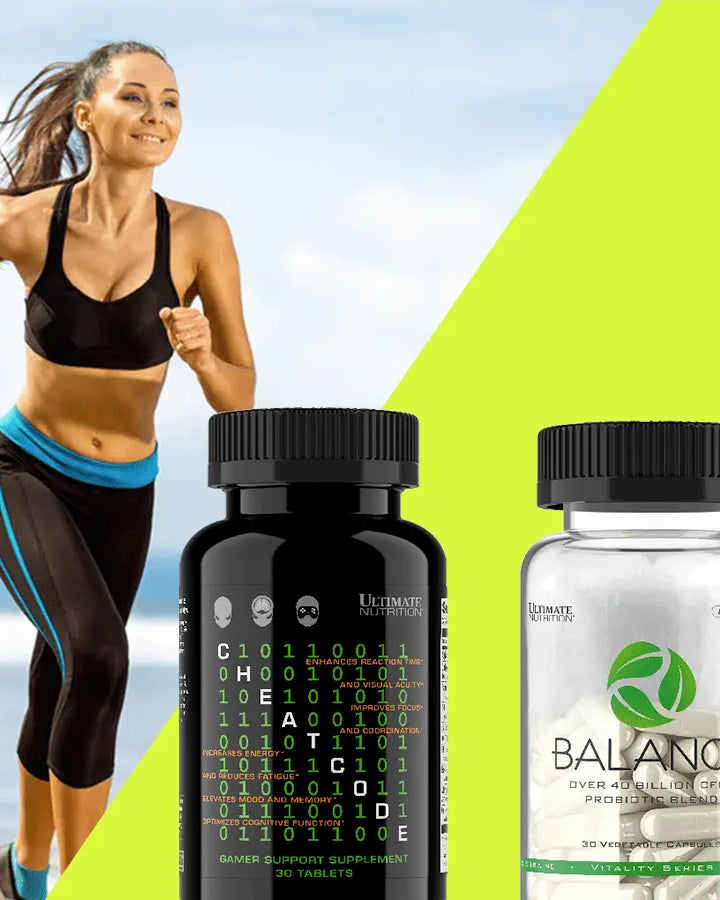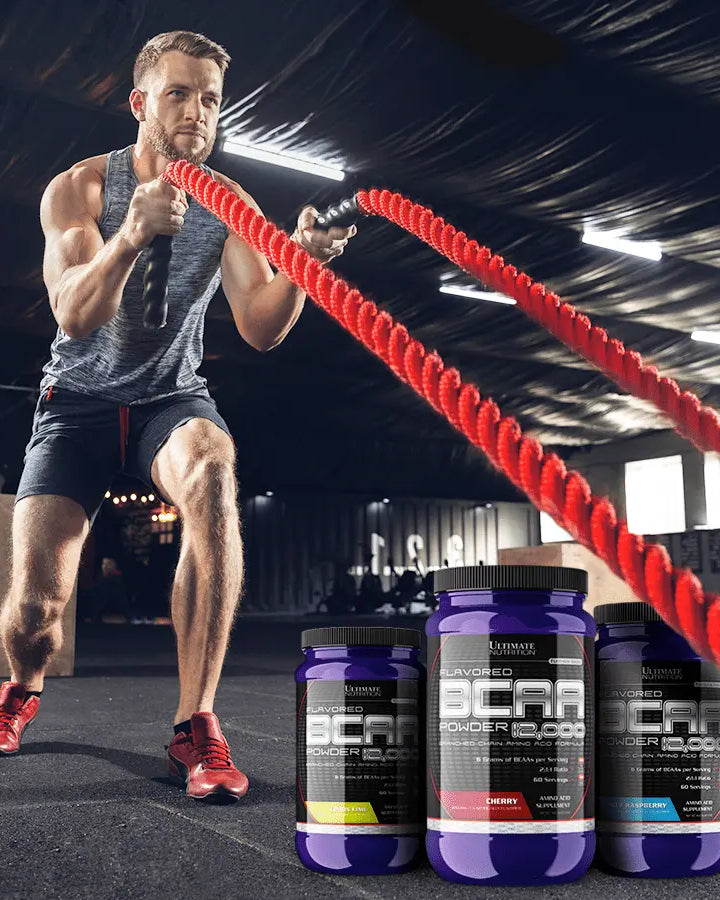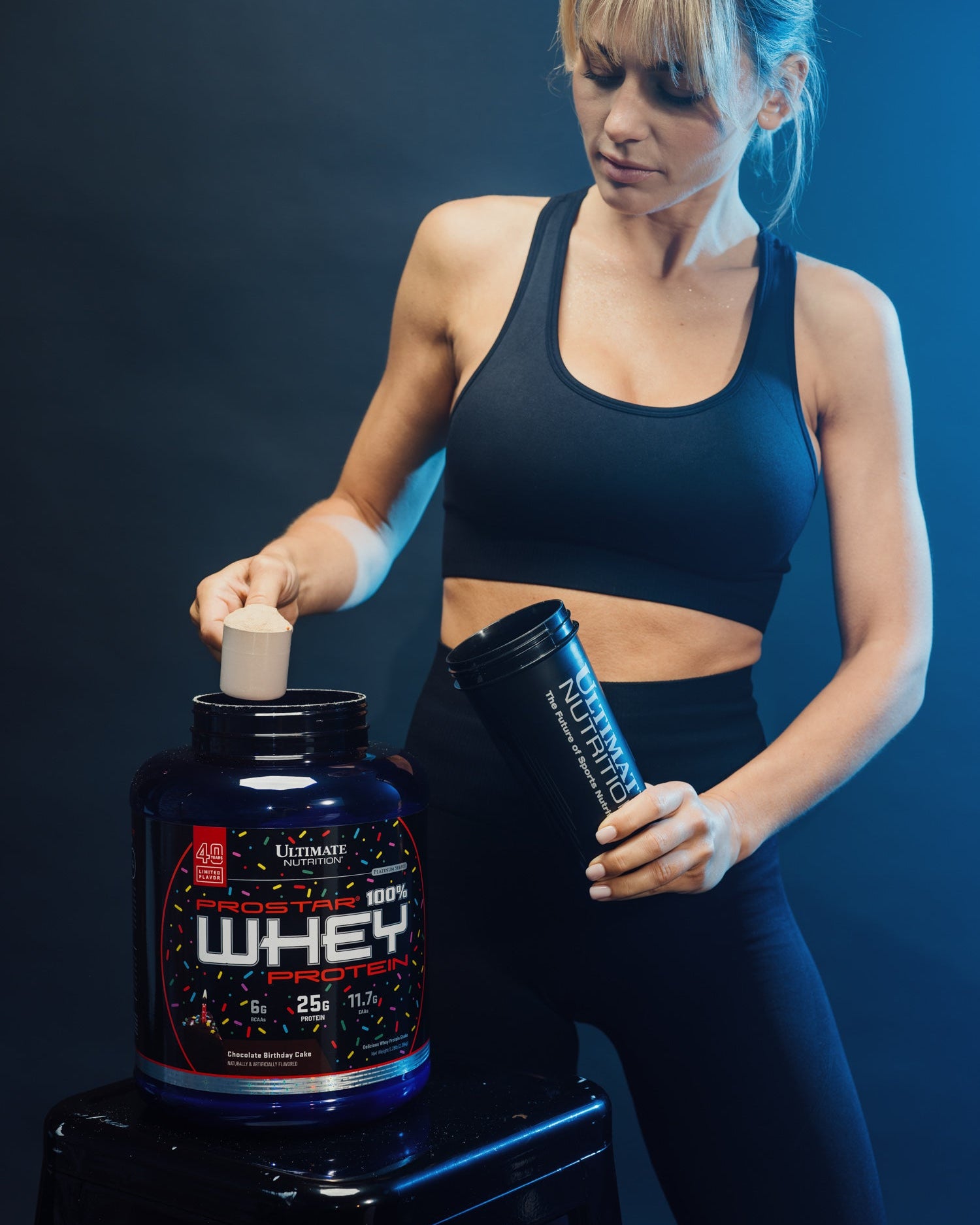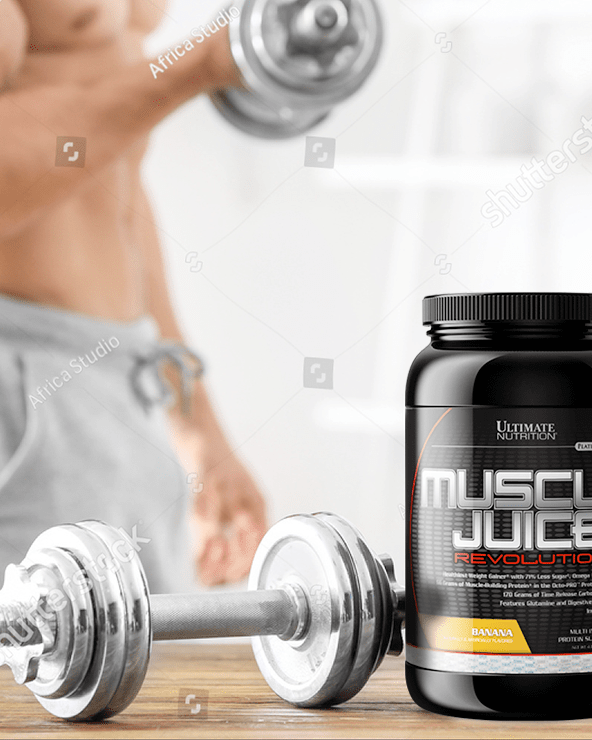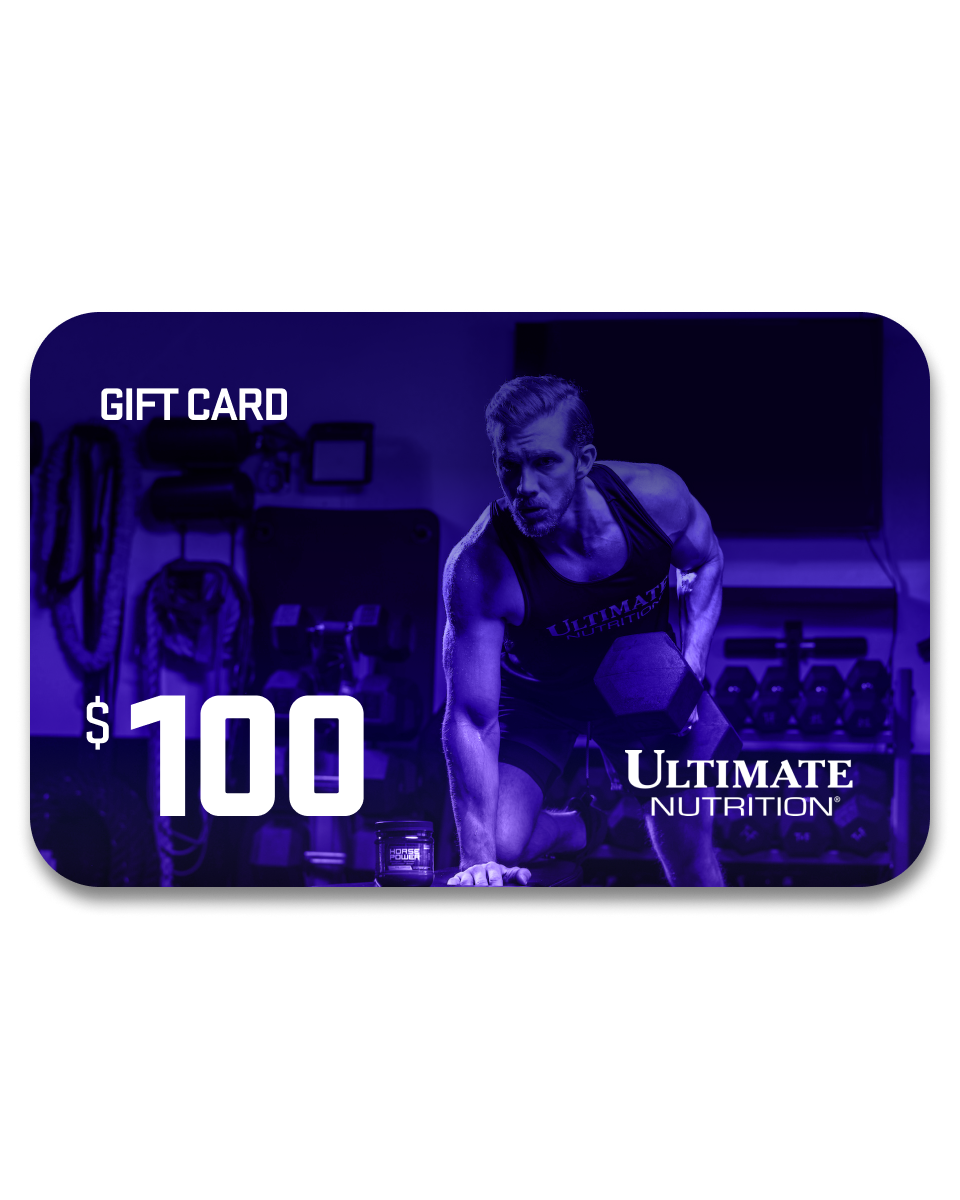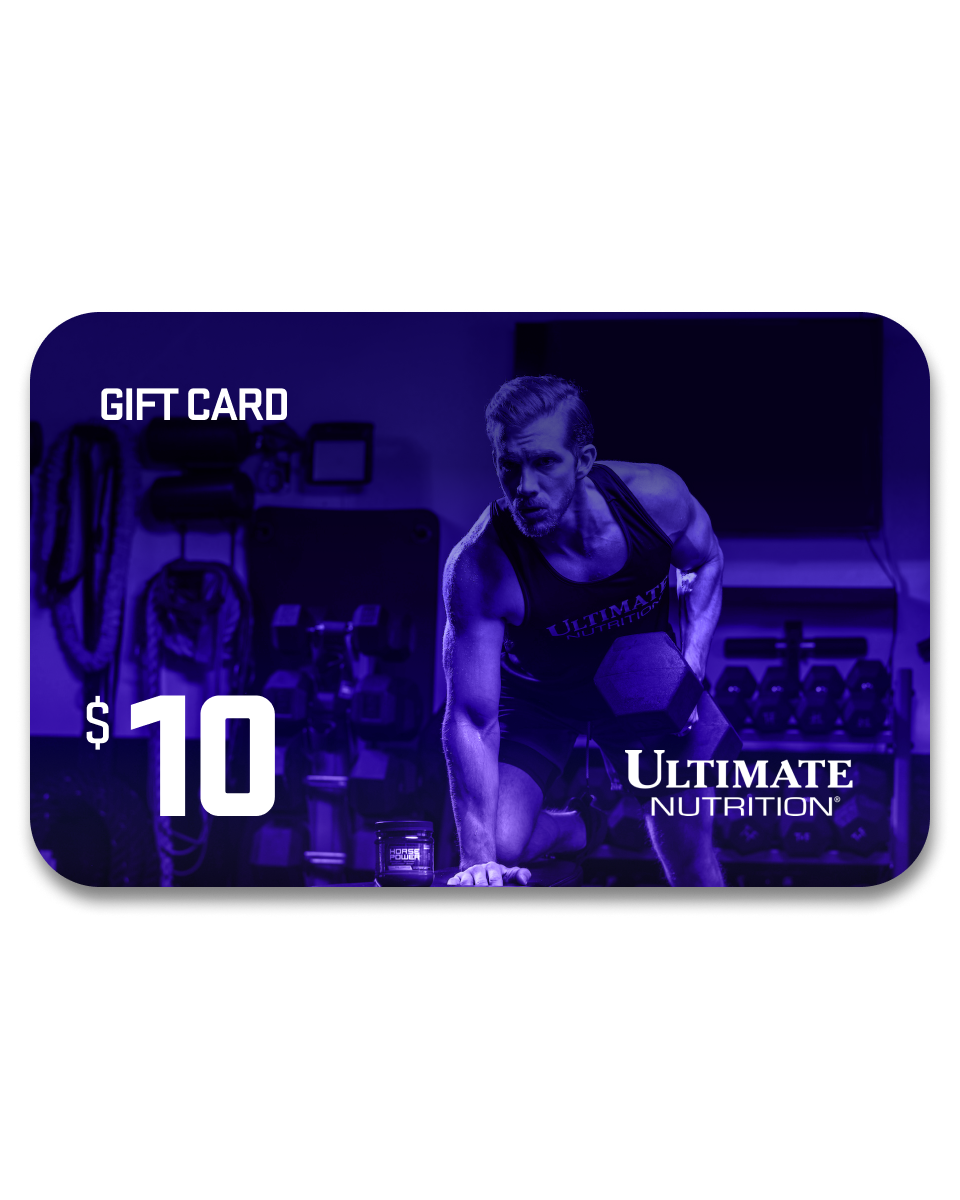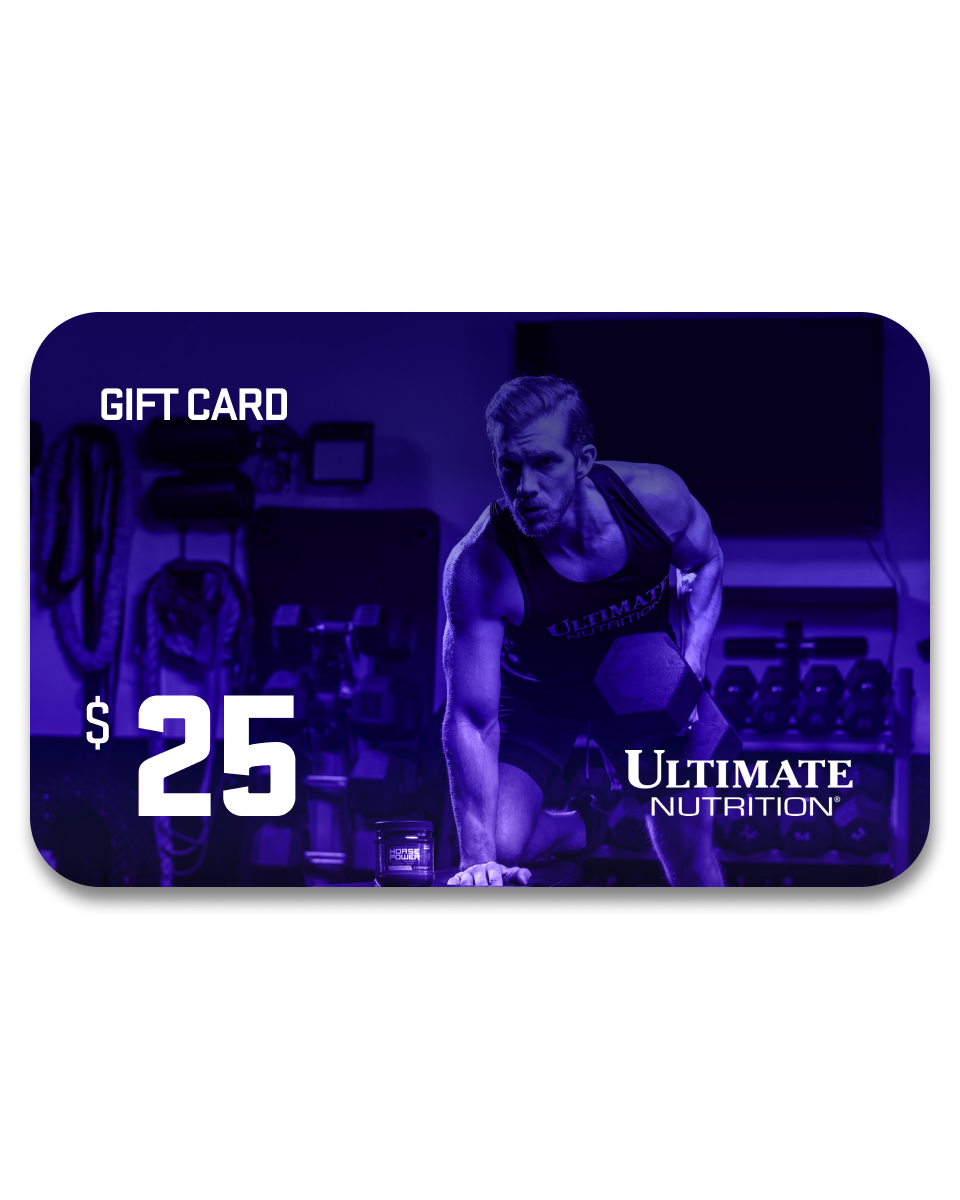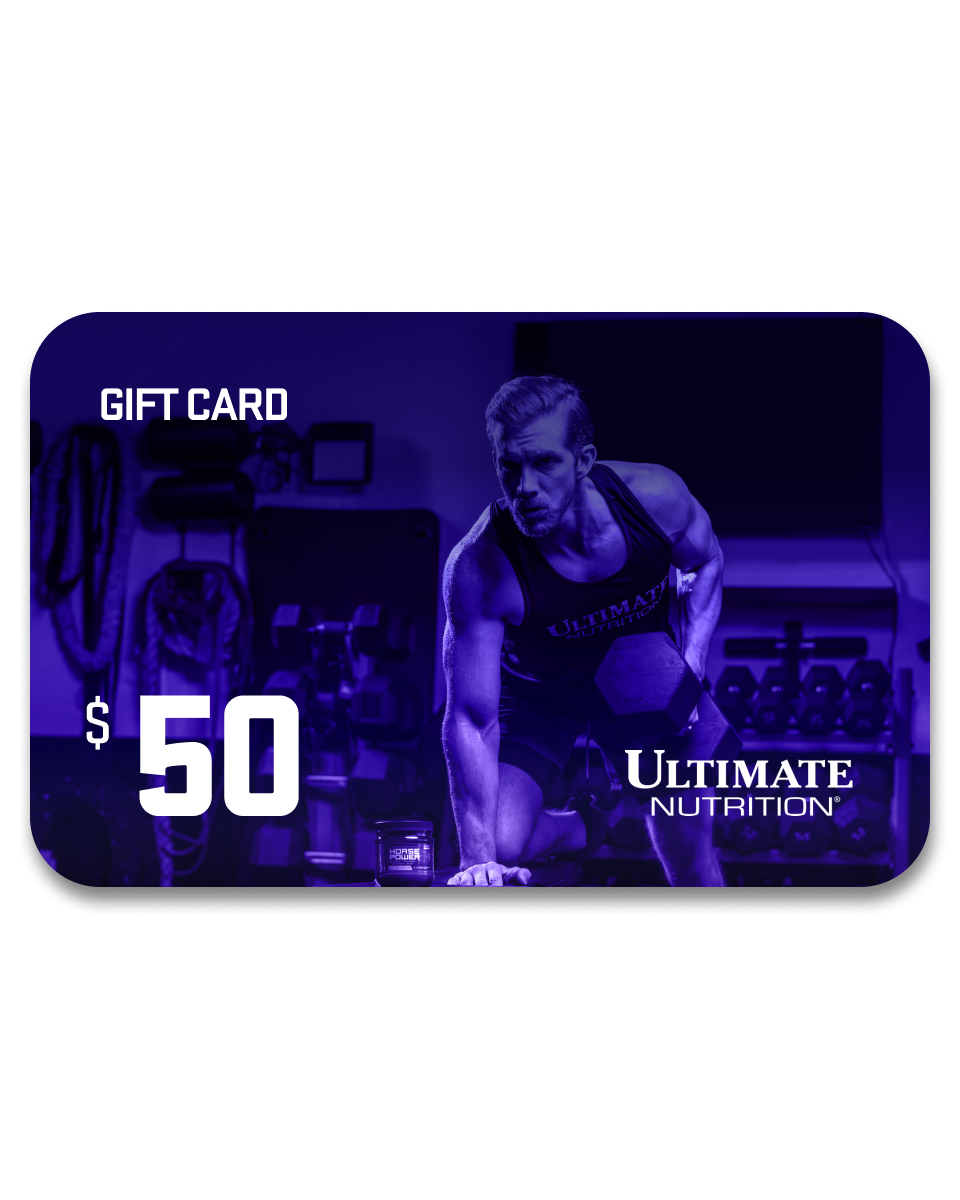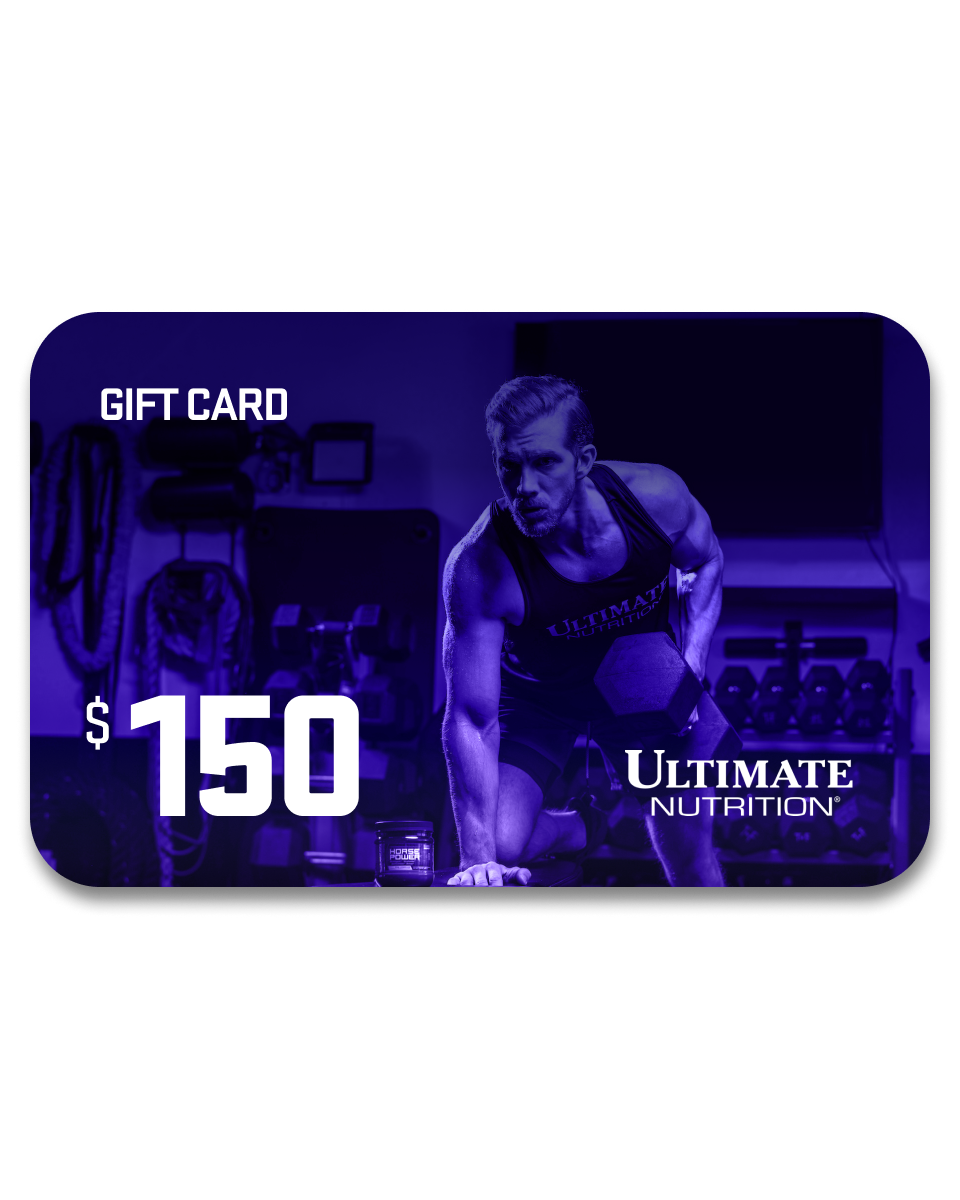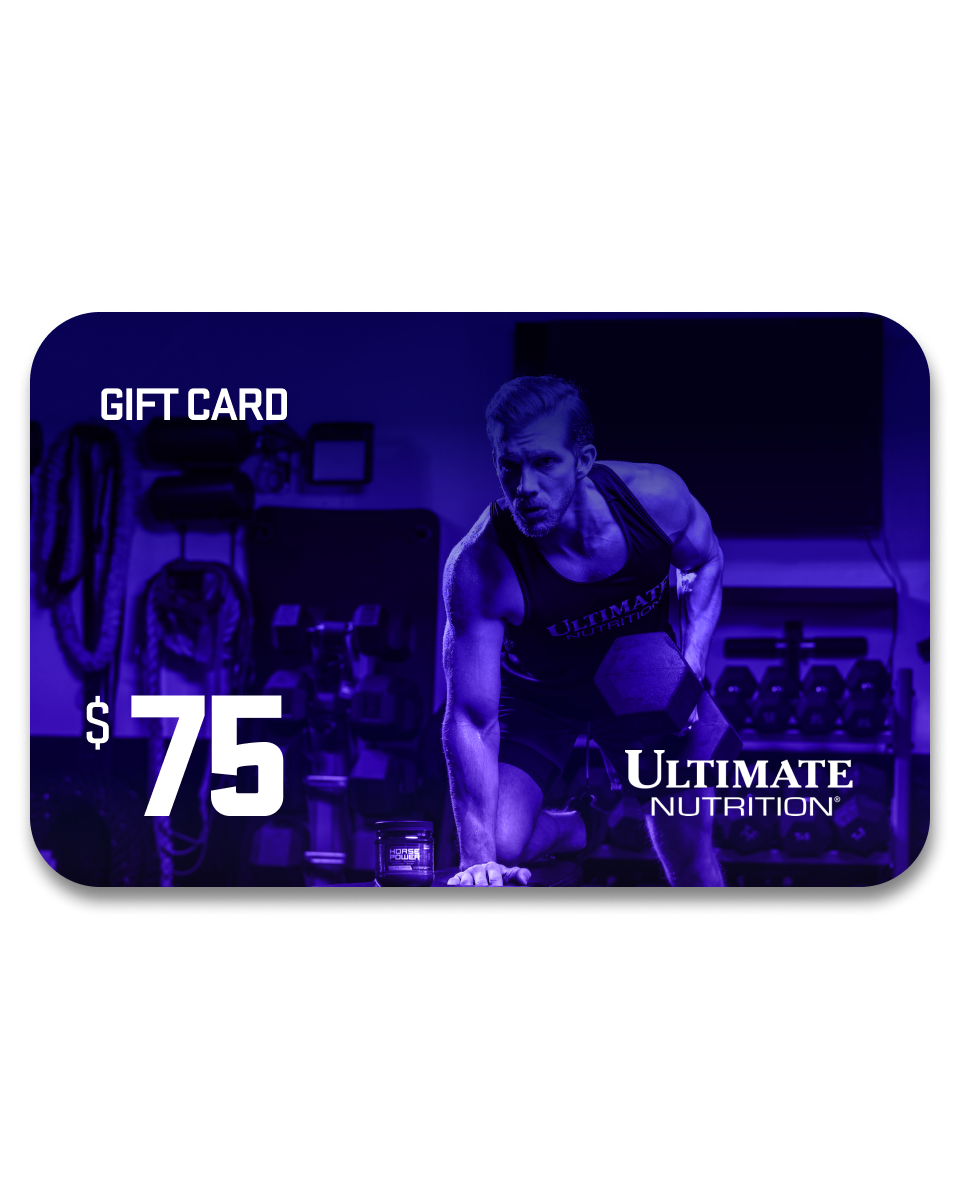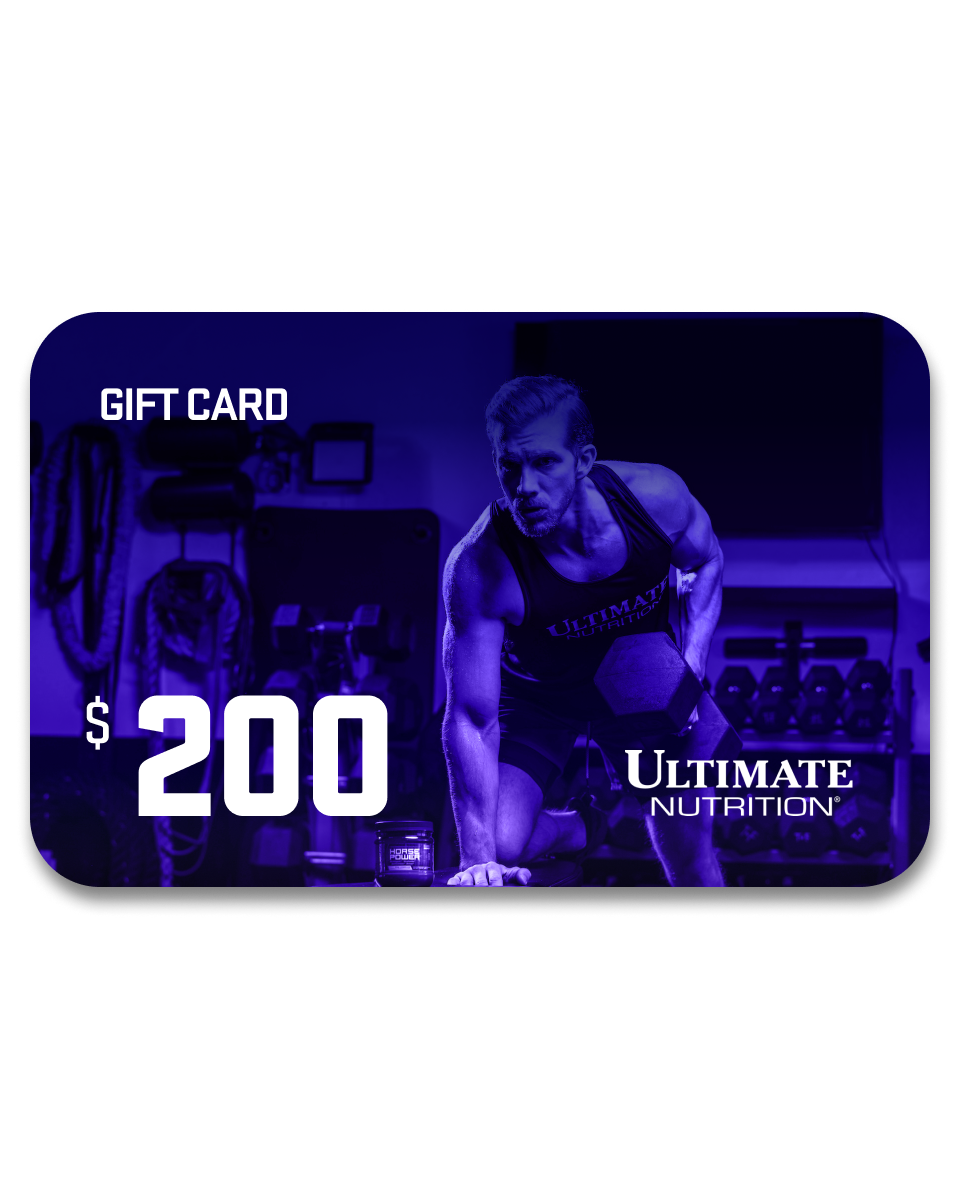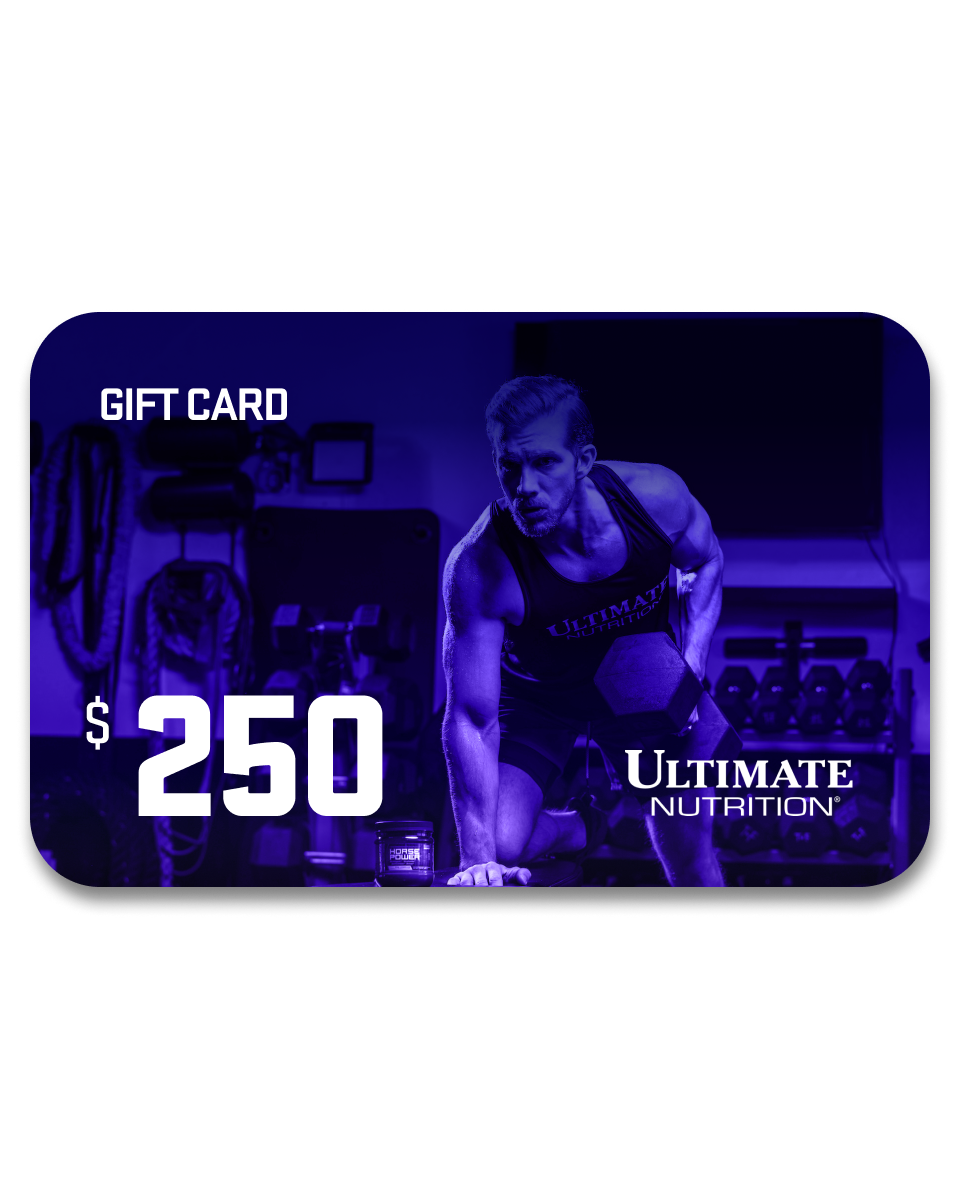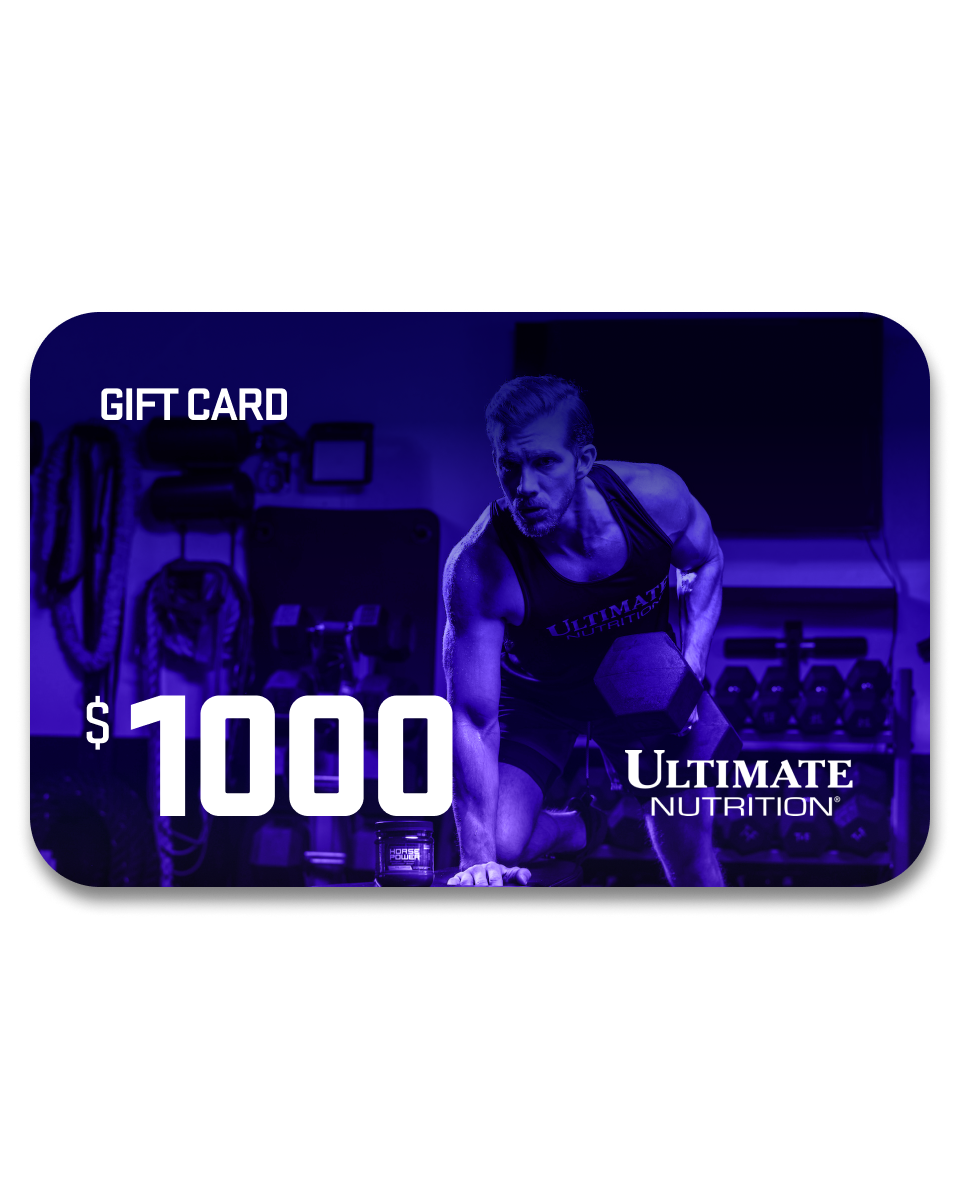In the quest for reaching your fitness goals, the question invariably arises: "Do fat burners work?" To answer this question, we'll break down the science and dissect the hype from the facts.
Whether you're a dedicated gym warrior, a passionate runner, an avid swimmer, or someone keen on shedding a few extra calories, read on to uncover the truth.
What Are Fat Burners?
Fat burners, often referred to as weight loss supplements or fat-burning pills, are products designed to increase your metabolism and promote weight loss.
Fat burners can use a variety of techniques, from appetite suppression to increasing the number of calories burned. But how do fat burners work, and what makes them effective (or not)?

The Science Behind Fat Burners
Understanding how fat burners work requires diving into the biological processes and active ingredients that influence metabolism and appetite. Here’s a detailed breakdown:
#1 Boosting Your Metabolism
Your metabolic rate is how your body expends energy or burns calories. Ingredients that increase this rate enhance the body's ability to burn more calories, which can lead to weight loss when coupled with a caloric deficit.
Metabolism-boosting supplements typically use some or all of the following ingredients.
Caffeine
Present in coffee, tea, and many energy drinks, caffeine increases the release of norepinephrine and dopamine. These neurotransmitters accelerate the metabolic rate and enhance the breakdown of fatty acids.
Green Tea Extract
Containing both caffeine and catechins, it's believed to work synergistically to boost your metabolism. Some studies have shown that it can help increase calories burned by up to 4%.
B Vitamins
These are crucial in the body's energy production process. While not directly increasing metabolism, a deficiency can slow down metabolic processes.
#2 Appetite Suppression
Reducing appetite ensures you consume fewer calories than you burn, leading to a calorie deficit. A deficit is necessary for weight loss. But what ingredients can help lower your appetite?
Glucomannan
A fiber that absorbs water and becomes gel-like in the stomach, promoting feelings of fullness.
5-HTP
5-HTP is an amino acid precursor to serotonin, which is a neurotransmitter involved in mood and appetite regulation. Increased levels can reduce hunger.
Garcinia Cambogia
Garcinia Cambogia contains hydroxycitric acid (HCA), which has been shown to reduce appetite by increasing serotonin levels in the brain.
#3 Increase Fat Burning
Certain ingredients can promote the breakdown of fats in the adipose tissue, making them available for use as energy. This process can help reduce the fat stored in the body.
L-Carnitine
An amino acid that plays a role in transporting fatty acids into the mitochondria where they are burned for energy.
Capsaicin
Found in chili peppers, it increases your body's fat oxidation, meaning it promotes the body to use fat as an energy source.
CLA (Conjugated Linoleic Acid)
This naturally occurring fatty acid can enhance the breakdown of body fat and inhibit its storage.
Pairing Fat Burners with Diet and Exercise
Weight loss supplements aren’t magic pills. You’ll want to keep working out and eating healthy to get the most out of your fat burners. Follow these tips to get the most out of your supplements.
Caloric Deficit
The cornerstone of weight loss is achieving a caloric deficit, where one burns more calories than one consumes.
Fat burners may make this process slightly easier by curbing appetite or increasing calorie burn, but they can't create a deficit alone. A balanced diet, tailored to one’s needs, is imperative.
Exercise Enhancement
Regular exercise increases the number of calories burned and can potentiate the effects of certain fat burner ingredients. For instance, the metabolic boost from caffeine can be more pronounced during aerobic exercises.

Nutrient Timing
Optimizing when you consume supplements can further potentiate the effects of fat burners. This can be particularly beneficial when combined with exercise.
Pre-Workout Nutrition
Consuming a fat burner or ingredients like caffeine before your workout can boost energy, making you work harder and potentially burn more calories.
Some studies have shown that exercising in a fasted state might increase fat oxidation, especially when paired with ingredients like green tea extract.
Post-Workout Nutrition
After exercising, it's crucial to fuel your body with proteins and carbs to aid recovery and muscle growth.
This not only helps in muscle building but also further increases the calorie-burning potential due to the thermic effect of food. Consuming a balanced post-workout meal can also keep your metabolism active, further complementing the effects of fat burners.
The Verdict: Do Fat Burners Really Work?
As with many nutritional supplements, the effectiveness of fat burners often lies in the details, encompassing realistic expectations, individual body responses, and how they are used in conjunction with other health habits.
Their benefits can be subtle and vary from person to person based on numerous factors, including genetics, diet, and overall health.
The bottom line: if you do your research and work toward your weight goals, a great fat burner will help get you there.
Find the Best Fat Burner Supplements at Ultimate Nutrition
At Ultimate Nutrition, we know that weight supplements won’t make you fit right away. It’s work—but we’re here to help you every step of the way. Follow our Lifestyle, Training, and Nutrition blogs for deep dives into every facet of fitness.
When you’re looking for your weight loss supplement, we’ve got your sidekick close by. Our extensive store offers weight loss supplements, natural fat burners, and aid for any type of workout needs, like Performance and Recovery.
Help your body in the long term. Shop the best supplements on the market.
The information provided in our articles are meant for informational and educational purposes exclusively and should not be considered as medical advice. It is essential to consult a healthcare professional before starting a new nutritional product and/or making significant changes to your diet and/or starting a new exercise regime. These products are not intended to diagnose, treat, cure, and/or prevent disease.

